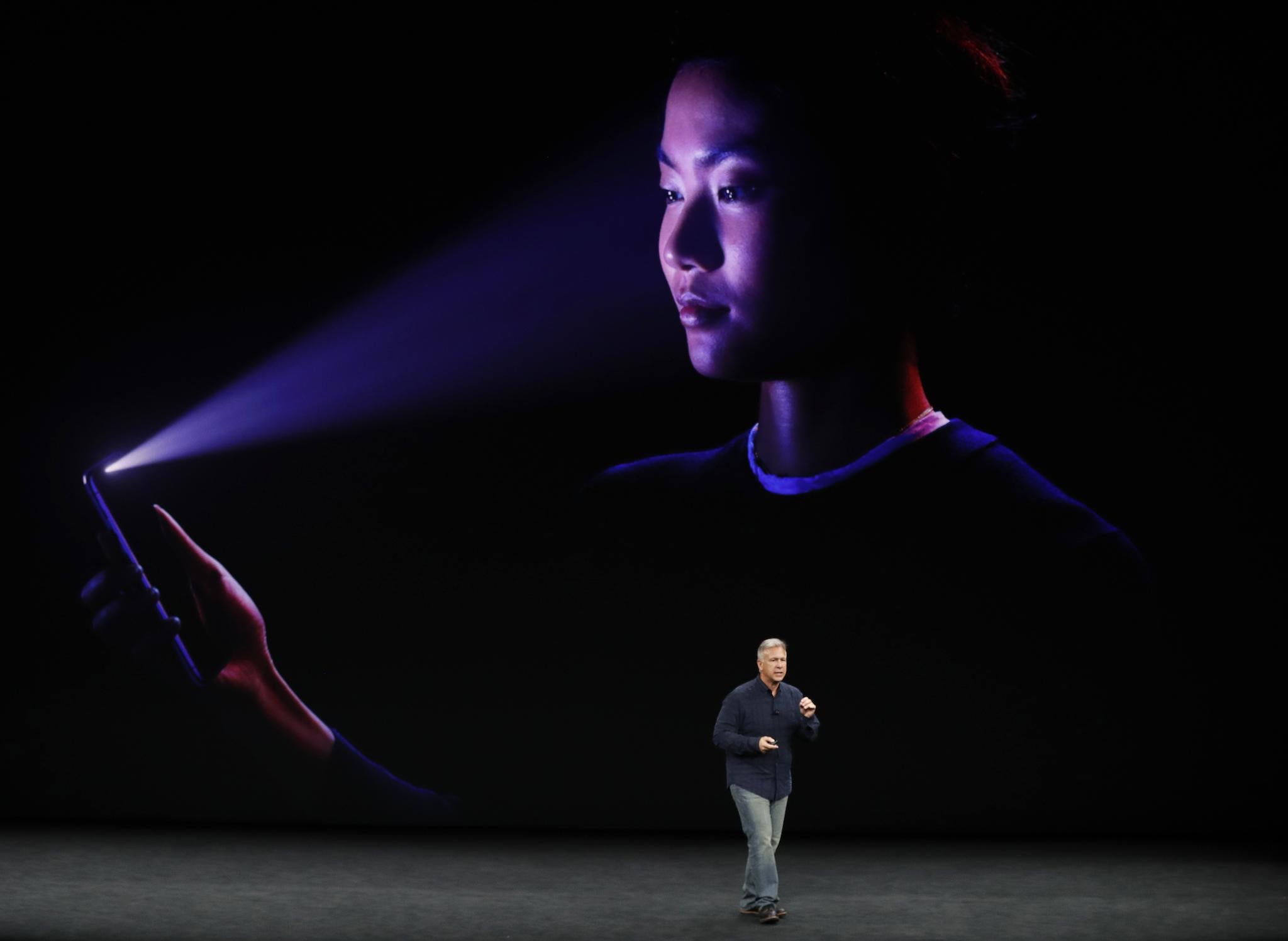iPhone X: Stock shortages mean that key facial recognition feature won't be as accurate, report suggests
Reducing the accuracy will make the phone easier to make, amid widespread rumours that the phone will be incredibly difficult to buy

Apple may have made the main feature of the new iPhone less good so that it can make more of them, according to a new report.
Even before the flagship iPhone X was announced, it has been dogged by rumours that it will be incredibly short supply and might be difficult to buy until 2018. Now a new report from Bloomberg appears to suggest those stock shortages are taking a toll on the phone itself.
Apple has "quietly" told its suppliers to reduce the accuracy of the facial recognition feature so that the phones are easier to make, the report claims. By doing so, it will allow suppliers to make more and hopefully reduce the problems when the phone is released next week.
Apple unveils the iPhone X
Show all 10The stock shortages are thought to be in large part a result of the fact that the new phone packs in a range of new features – and technology to power them – that Apple has never made before. That means that it is far more difficult and slow to actually put them together, leading to a drastically reduced number of the phones that will be ready come the release date.
That problem has been blamed in large part on the dot sensors and lasers that are required to make the feature work. Reports suggested that at one point as many as four out of five of the sensors made by Apple's suppliers were considered unusable in the new phone.
By telling suppliers that the facial recognition doesn't need to be quite so accurate, it will presumably be able to speed up some of that manufacturing process. It's not clear how drastic the reduction in accuracy will be, though presumably it won't interfere with Apple's claim that the new FaceID feature will be far more accurate than the existing TouchID fingerprint sensor.
The Bloomberg report claimed that the change happened in "early fall". As such it's not clear whether it happened before or after the phone was released in early September, and so whether the claims about the new phone's accuracy were made with that in mind.
Apple has all but confirmed that the new model will be in short supply. CEO Tim Cook said "we'll see" when asked whether the rumours about limited stock were true, and an official Apple release told people to "arrive early" at stores if they wanted to get hold of the new phone.
Subscribe to Independent Premium to bookmark this article
Want to bookmark your favourite articles and stories to read or reference later? Start your Independent Premium subscription today.

Join our commenting forum
Join thought-provoking conversations, follow other Independent readers and see their replies